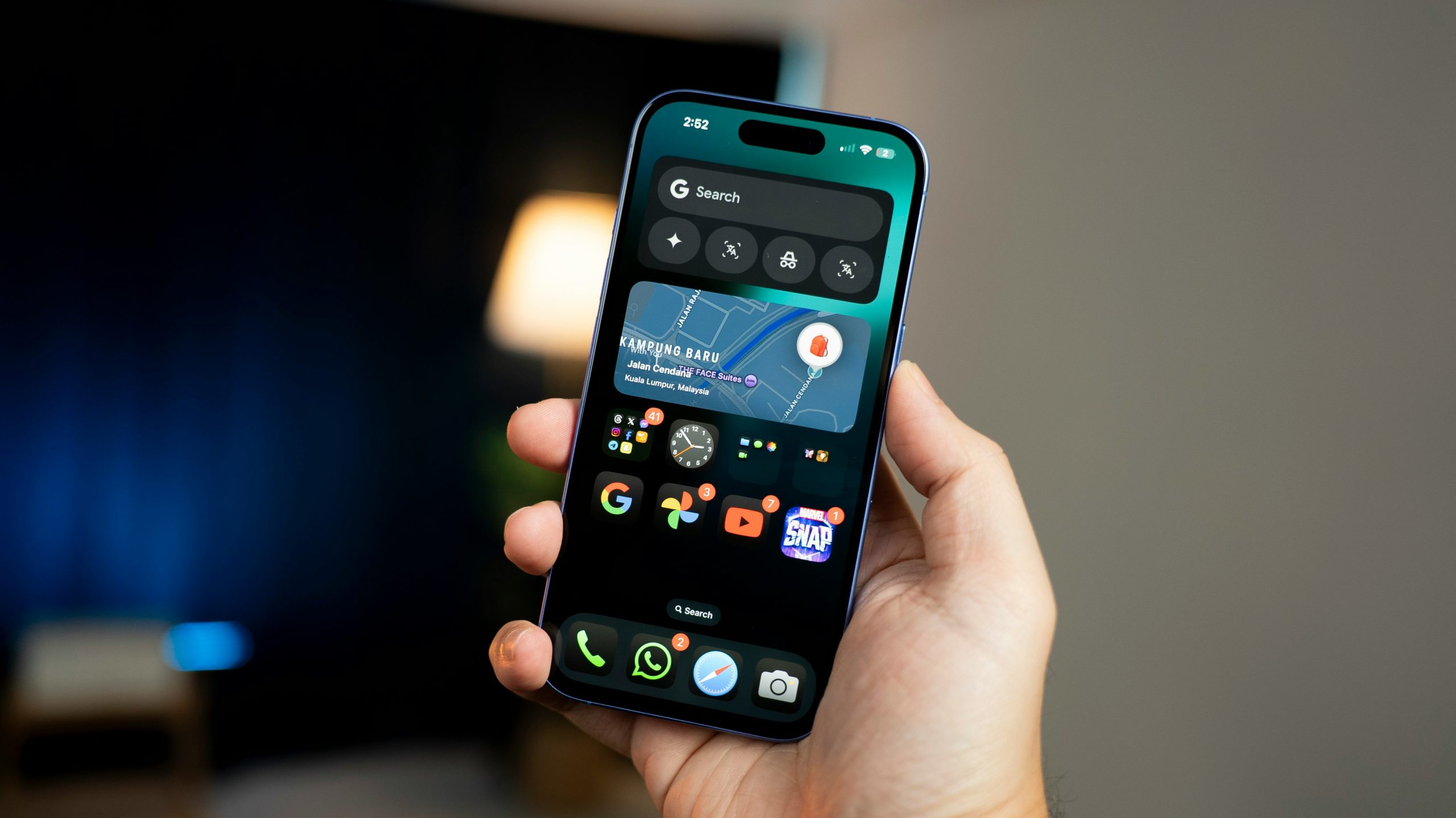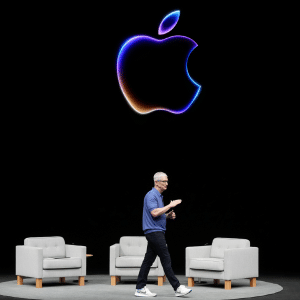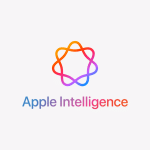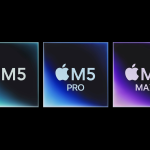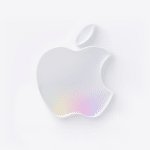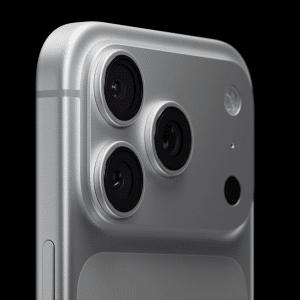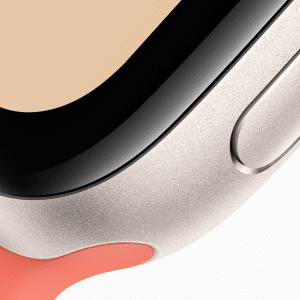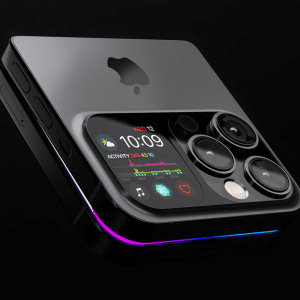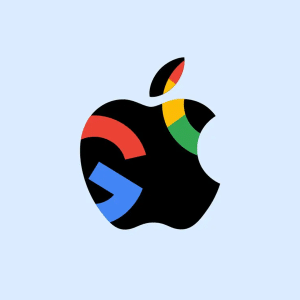With iOS 18.2, Apple has introduced more customization options than ever before. Previously, users were locked into default apps for certain functions, but with this update, flexibility takes center stage. Users can now select third-party apps as defaults for core functions like calling and messaging, aligning iOS more closely with what users on other operating systems have long enjoyed.
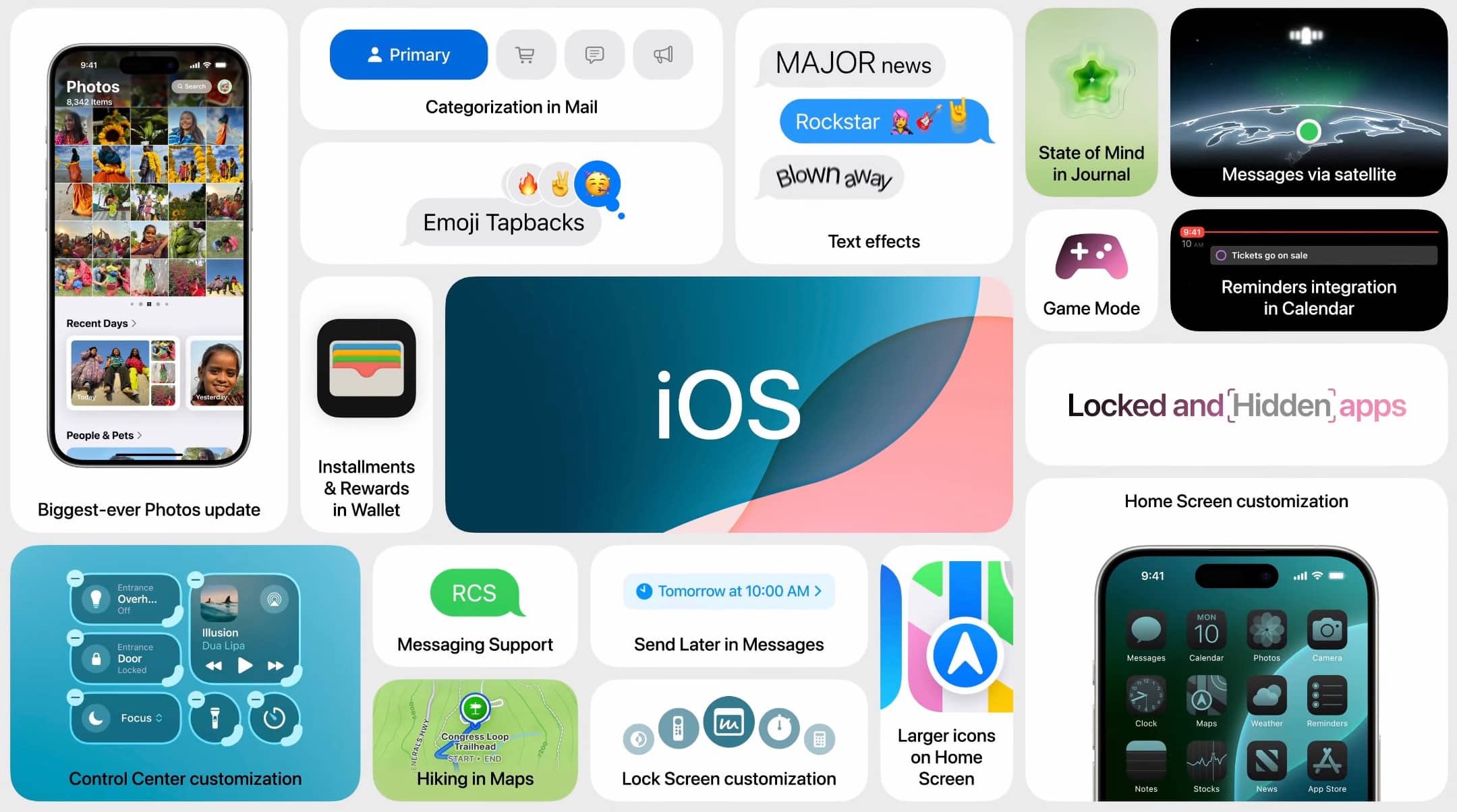
The Rise of Customization in iOS
Customization on Apple devices has been gradually expanding. Features introduced in recent updates, like app organization and widget customization, laid the groundwork for a more user-tailored iOS experience. With iOS 18.2, Apple adds another layer to this by enabling users to change their default apps, an approach that gives iPhone and iPad owners more control over their devices.
The ability to customize default apps means users no longer need to rely exclusively on Apple’s pre-installed apps. For example, users who prefer WhatsApp for messaging or Microsoft Teams for calls will be able to set these as defaults, making communication more streamlined and efficient.
How to Change Default Apps
- Navigating Settings: Users will find a new section within the settings menu dedicated to managing default applications.
- Selecting Preferred Apps: From here, users can choose their preferred apps for functions such as phone calls, text messaging, and emails.
- Saving Changes: Once a default app is selected, it will override Apple’s native apps for that specific function, seamlessly redirecting these tasks to the user’s choice of application.
This change allows users to rely less on Apple’s ecosystem and more on third-party apps, appealing to those who use multiple platforms for communication.
Enhanced Control Over App Functions
Beyond changing default apps, iOS 18.2 also introduces new settings to fine-tune app behavior. Users can customize notifications, privacy settings, and default app actions in greater detail, helping them tailor their experience.
Privacy has always been a focus for Apple, and iOS 18.2 is no different. When selecting third-party apps as defaults, users can rest assured that Apple’s stringent privacy policies apply. Customization options extend to permissions, allowing users to limit access for certain apps, enhancing privacy without sacrificing functionality.
For those who depend on their iPhones for work, the update offers notable productivity enhancements. Allowing users to assign default business-oriented apps, such as Microsoft Outlook for email or Google Meet for calls, iOS 18.2 aligns Apple’s platform more closely with user preferences.
Switching between apps to access communication and productivity tools can slow down workflows. With the ability to assign defaults, users save valuable time. This update means that work-centric apps can be prioritized, simplifying access to essential tools and making work processes smoother.
Additional Features in iOS 18.2
iOS 18.2 doesn’t stop at app customization. Apple has included several other enhancements to make the user experience even richer:
- Improved Siri Intelligence: With updates to Apple Intelligence, Siri now offers more contextually aware suggestions based on users’ recent activities.
- Refined Multitasking Tools: iOS 18.2 enables split-screen and multitasking improvements, allowing users to more easily switch between apps without losing their place.
- Enhanced Notification Control: Notifications can now be categorized and muted more flexibly, letting users focus on what’s most important.
Apple’s iOS updates increasingly focus on personalization and efficiency. By adding the ability to customize default apps, Apple is responding to user demands for flexibility and efficiency. This update paves the way for more significant integrations with third-party apps, potentially opening the door for future innovations.
Impact on App Developers
For app developers, iOS 18.2 provides new opportunities. As users set third-party apps as defaults, demand for well-integrated applications will likely rise. Developers may see more freedom to innovate, leading to better apps that seamlessly fit within Apple’s network.
iOS 18.2 represents a pivotal moment in Apple’s evolution, introducing much-requested customization features while preserving its commitment to privacy and seamless user experience. Whether for work, personal use, or streamlined workflows, the update gives iOS users a new level of control. As we await future updates, it’s clear that iOS 18.2 sets a new standard for customization on iPhones and iPads.
Are you excited for iOS 18.2? Let us know on X!
